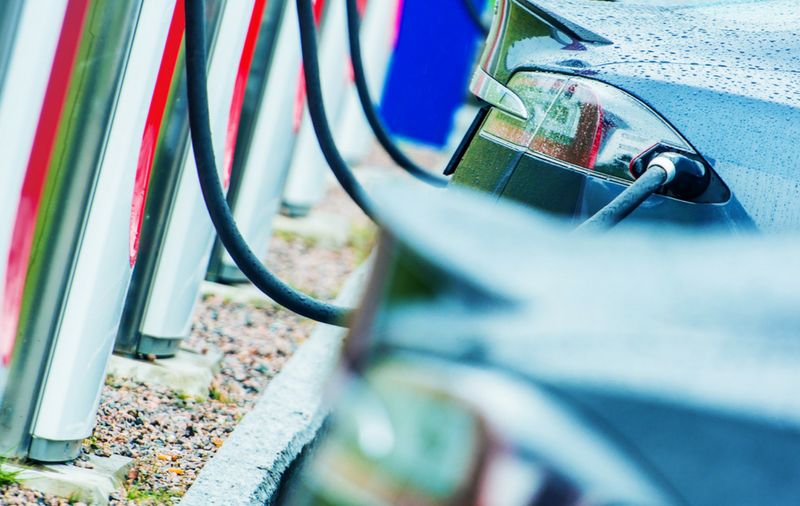Sales of electric vehicles have tripled in Australia to over 6,700 in the year to December 2019. It’s still a tiny percentage of all car sales. Observers say price, driving distances and charging continue to hinder sales. Another possibility is lack of social acceptance. Non-EV buyers could be too concerned about their status to buy something different from their neighbours. Early buyers of EVs may just be virtue signalling.
Virtue signalling
The term “virtue signalling” describes how people claim to be deeply concerned about a moral issue but in fact, just want to appear in the best light possible.
The mayor of Wagga Wagga was recently accused of virtue signalling for spending $54,000 on a Hyundai Ioniq. This was only months after the council voted to overturn its decision to declare a climate emergency.
If some buyers do want to display their moral standpoint, it is not cheap. Hyundai and Nissan sell the most affordable fully electric cars, Nissan Leaf and Hyundai Ioniq, and they are $50,000 before on-road costs.
Even so, is money the real problem in Australia? The five topselling SUVs average $32,000 starting price. The most popular SUV, Toyota RAV4, starts from $34,800 and the second most popular, Mazda CX5, starts from $40,000. Car purchase may have a lot more to do with status than any other factor.
Status anxiety
Status anxiety is similar to virtue signalling. It means we care most about the judgment of others about whether we are successful, clever, smart or not. Status is crucial because most people tend to be nice to us according to our status.
Alain de Botton, in Status Anxiety, said living in a consumerist society tends to increase people’s sense they don’t have enough. They decide how much is enough by comparing themselves with others around them. This urge to compare is behind the old saying “keeping up with the Jones’”.
Deakin research recently confirmed this. It found Australians are less concerned with the price of EVs than what other people will think of the car parked in their driveway.
Tangible things like price, running cost, driving range, emissions and acceleration do influence their decisions. But attitudes and social norms have the biggest part to play: what will friends, neighbours and family think of our car? What does the car say about me?
Social acceptance
Researchers suggest the problem for EVs is social acceptance, not cost. If the buyer’s social circle does not encourage them, they are unlikely to buy one.
Scott Morrison certainly played the social acceptance card when he claimed Australians prefer something with “a bit of grunt”. Michaelia Cash even suggested Australians needed to “stand by” their tradies and their Utes. They helped to spread misguided views that EVs can’t be powerful or Utes can’t run on electricity.
We think price, driving range and charging do have a role in failure to adopt EVs. Combined with virtue signalling, status anxiety and political influence, it’s no surprise Australian buyers continue to prefer SUVs and premium brands to EVs.


your opinion matters: